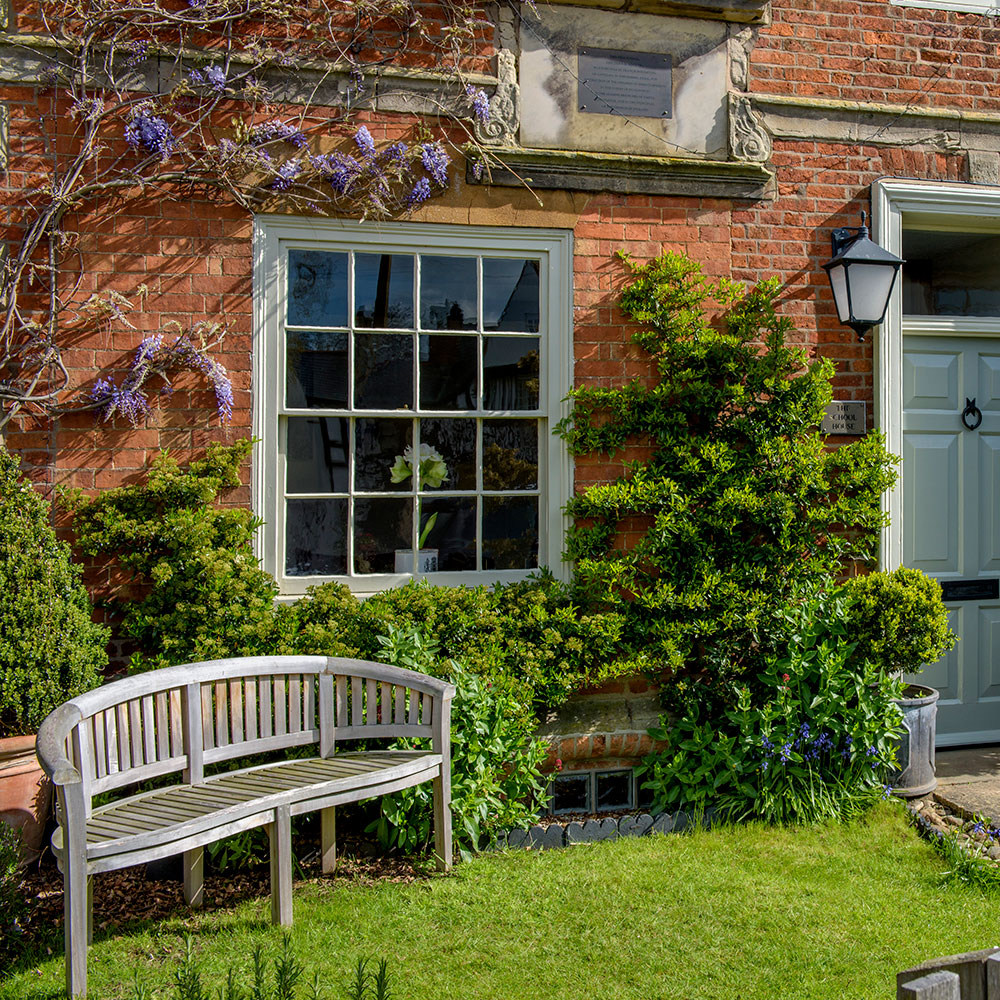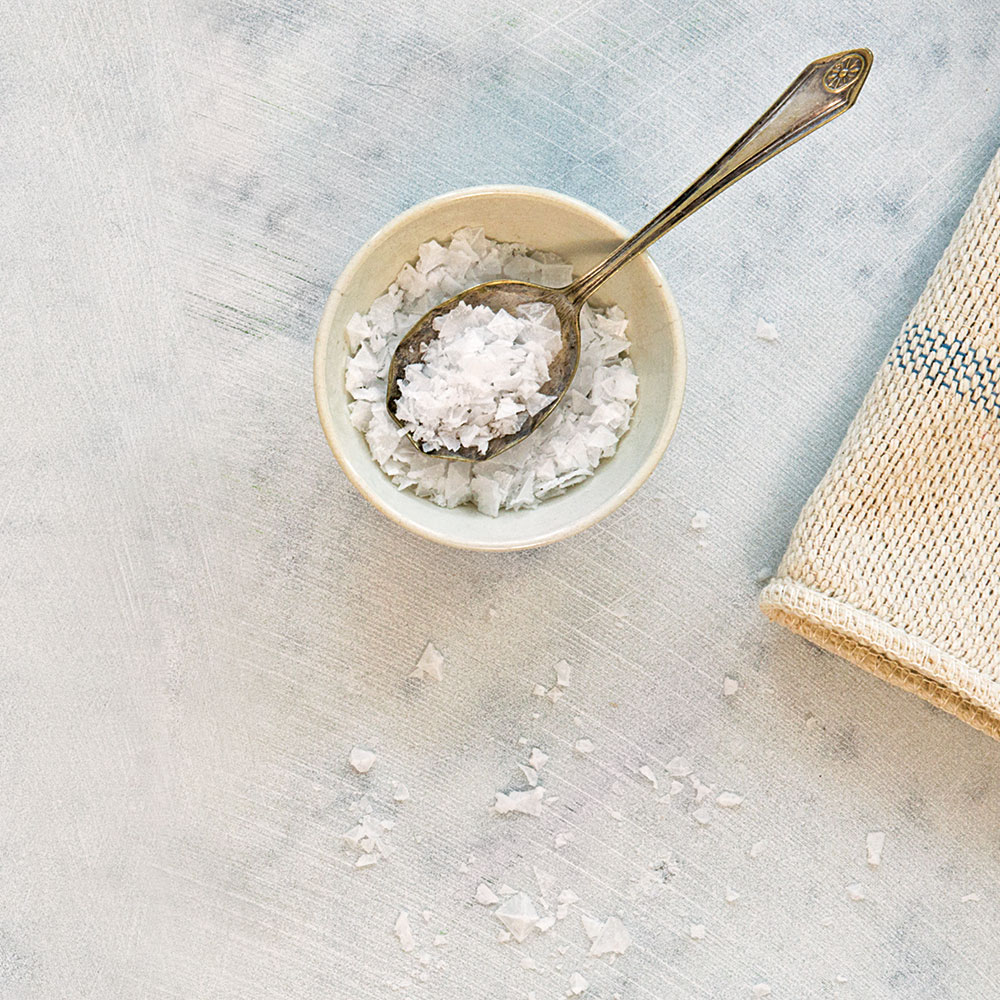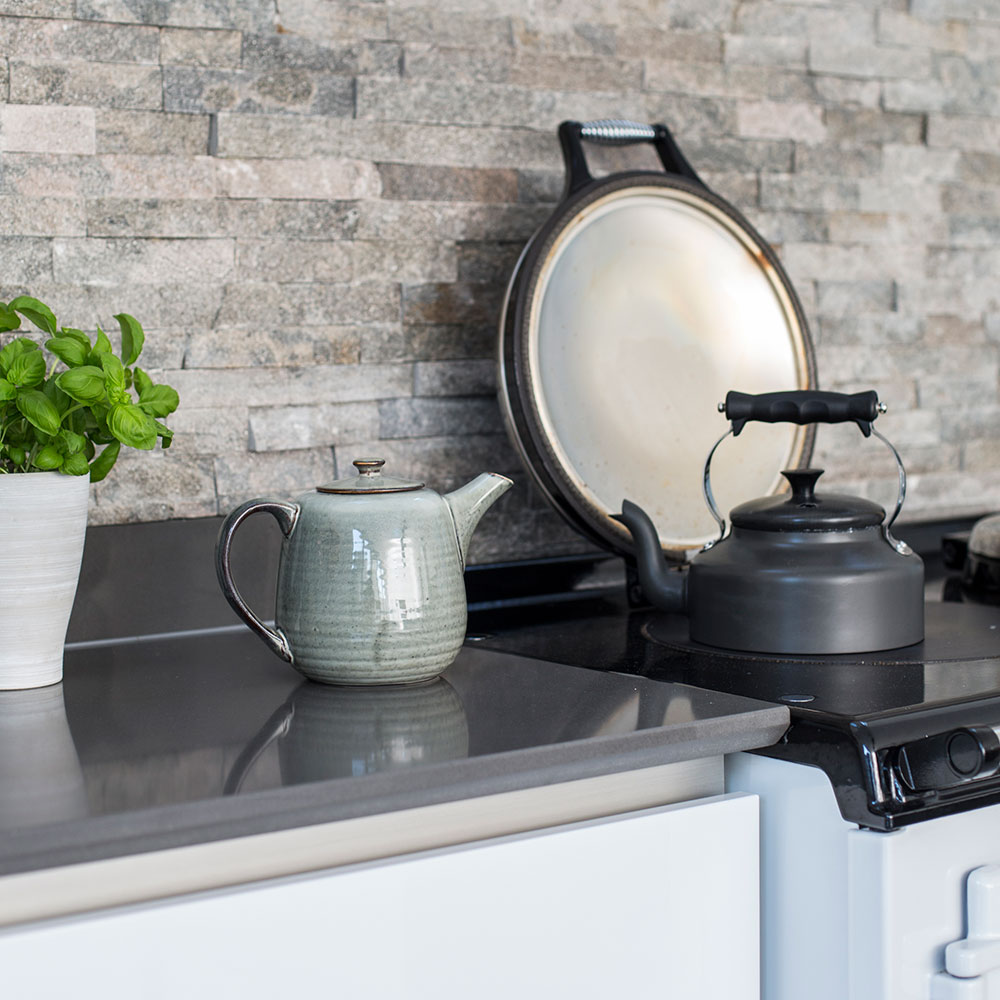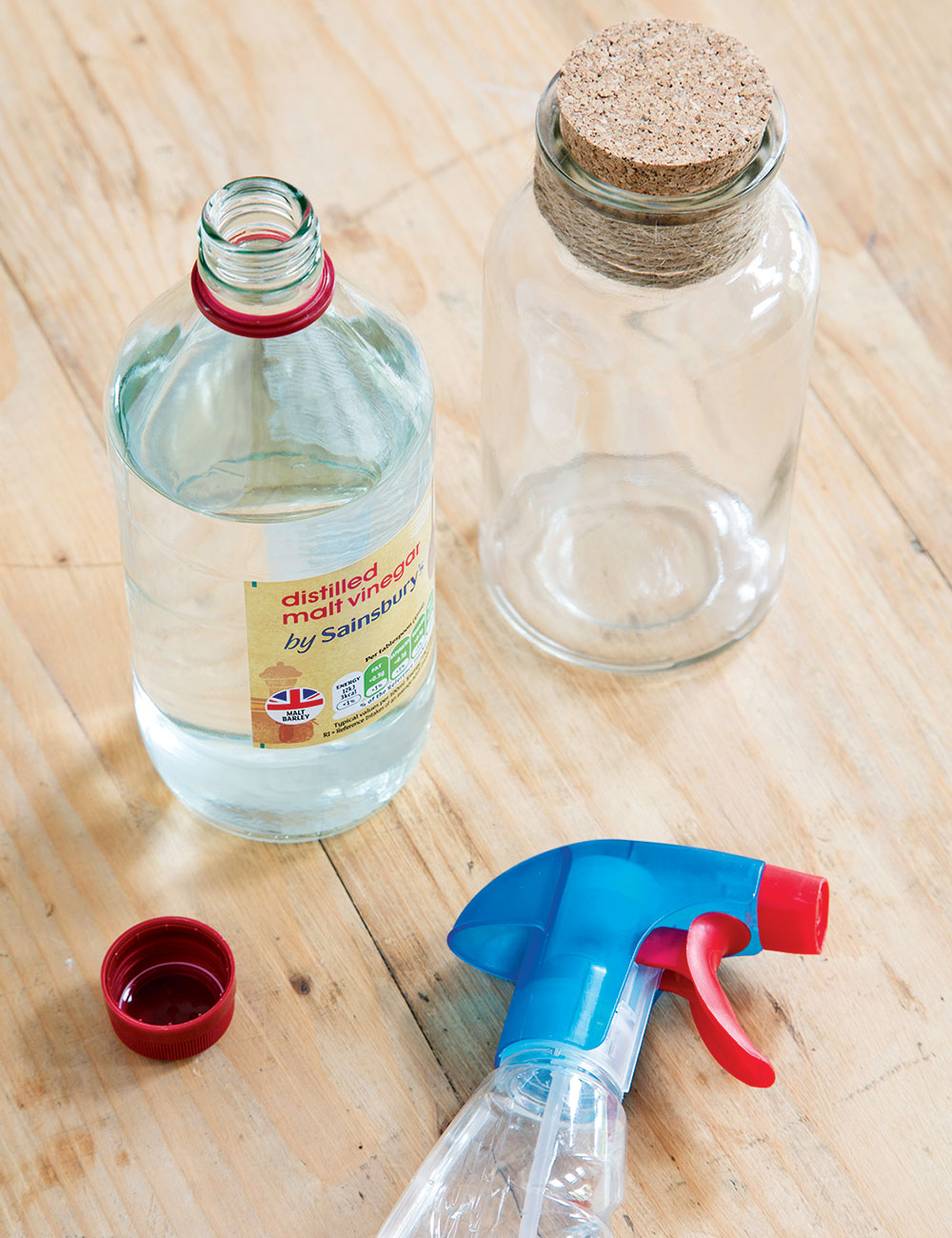7 chemical-free weed killers you can make at home yourself
Don’t let pesky weeds ruin your beautiful garden
There’s nothing worse than seeing all your hard work covered in weeds after you’ve invested time pruning and preening your garden. But instead of using harsh chemicals to tackle an infestation of dandelions or white clover, why not try some pesticide-free tactics that will stop weeds at their roots?

The beauty of going chemical-free also means you can find most of the ingredients needed to keep weeds under control already sitting in your kitchen cupboard. Common household items like vinegar, salt, and baking soda all contain properties that starve, dehydrate and ultimately destroy troublesome plants, so that gardeners can enjoy healthy lawns and weed-free driveways for longer.
According to experts at BillyOh.com, not only will these products and homemade concoctions ‘save the expense of commercial products, it also means you can avoid using chemical sprays’.
However, a spokesperson added, ‘Products with high acidic values are usually effective, but you should avoid spraying them directly on soil, as substances like vinegar can break down the soil structure and kill beneficial microorganisms.’
So what are the seven best homemade weed killers?
Related: Our pick of the best garden storage solutions – however big or small the space
Sign up to our newsletter for style inspiration, real homes, project and garden advice and shopping know-how
Chemical-free weed killers
1. Salt

Salt has been used as a herbicide for hundreds of years and makes an effective weed barrier along lawn edgings. But don’t use directly on lawns as it can be absorbed into your soil and prevent future growth.
For best results, mix three parts salt with one-part water, resting for 10 minutes to make sure the salt has dissolved. Then simply spray the weeds you want to get rid of.
2. Baking soda
With similar results to salt, baking soda is great to use on pesky weeds, particularly those growing in patios or driveways. Though again, avoid using it directly on grass. All you need is one teaspoon per weed to coat the entire plant, paying particular attention to the weed’s stem.
3. Mulch
Weeds need light and warm soil to survive, so layering mulch with newspapers or cardboard to block their access to sunlight is a great way to eliminate existing weeds. It can also help stop future weeds from growing.
Related: Artificial grass – everything you need to know about buying and laying a low-maintenance faux lawn
4. Boiling water

As easy as it is to boil a kettle, you simply pour scalding water over weeds for instant results. Be sure to aim as close to them as possible as boiling water can also destroy greenery nearby. You could also add a tablespoon of salt to the water to make it even more effective.
5. Rubbing alcohol
If you want to suck the water out of a weed then rubbing alcohol is the way forward, because without moisture, weeds can’t survive. But like vinegar, it’s non-selective, meaning it will kill anything green. Mix two tablespoons with a litre of water, and then use a spray bottle to cover the weeds.
6. Vinegar

A surefire way to kill your weeds, vinegar destroys everything it touches. It’s most effective on small weeds as opposed to deep-rooted plants, but beware as it can alter the PH balance of your soil, which means things may not grow in that spot in the future. To be safe, spray vinegar on gravel driveways or block paving instead.
7. Cornmeal
While Cornmeal gluten doesn’t actually kill weeds, it acts as an organic herbicide that when scattered over grass, prevents seeds, such as dandelions and crabgrass, from growing into a plant.
Which homemade weed killer will you be trying?